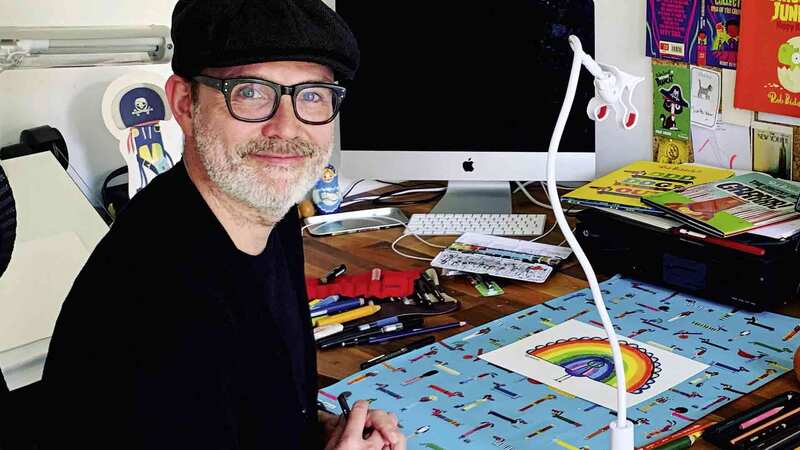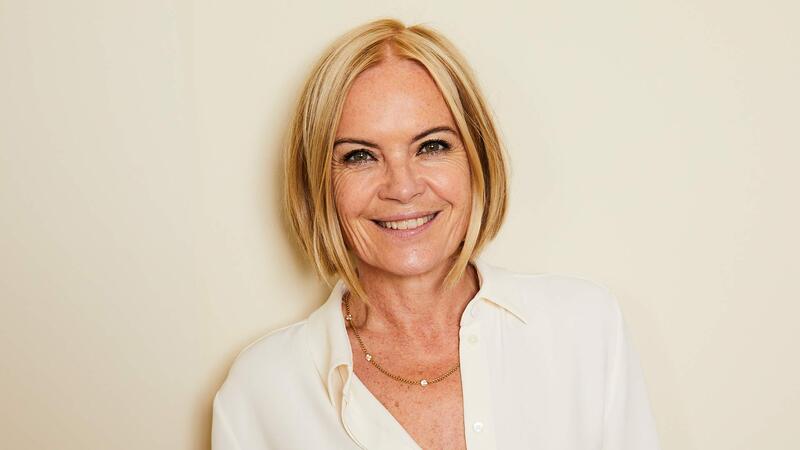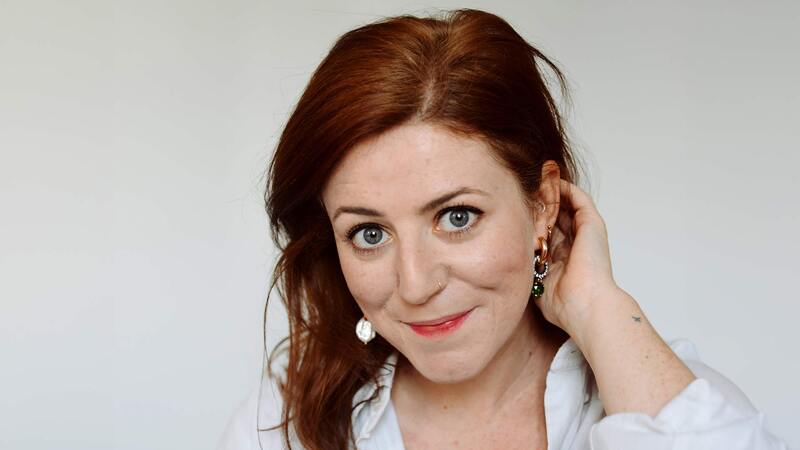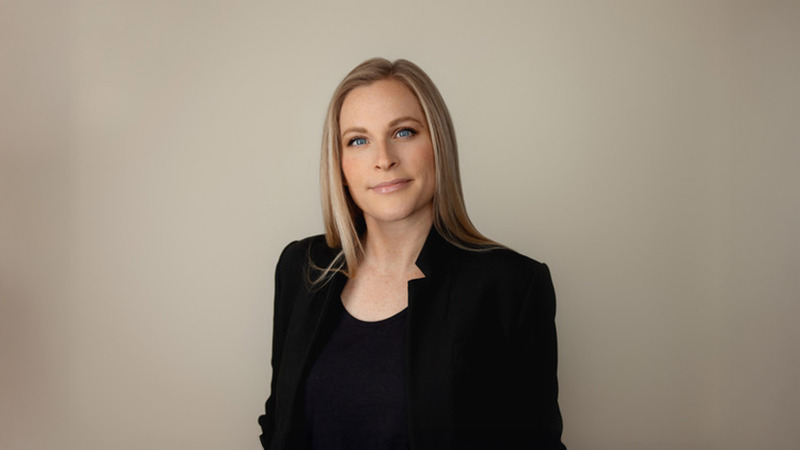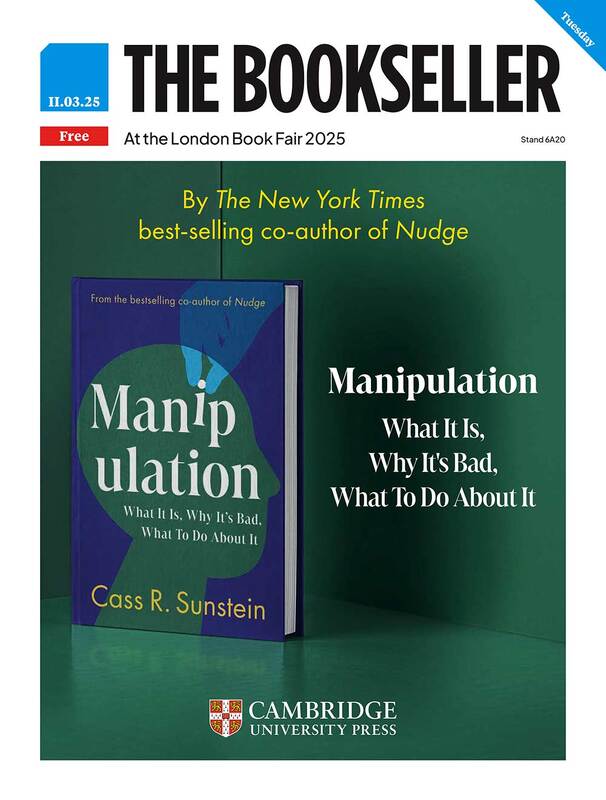You are viewing your 1 free article this month. Login to read more articles.
‘People, not tech’: Trade’s digital leaders optimistic for future
Voice and artificial intelligence are the most likely candidates to further disrupt the book business, according to the results of a survey of the book trade's most innovative, the FutureBook 40, conducted ahead of FutureBook Live, The Bookseller's publishing conference taking place on 30th November in London. However, a lack of investment was the main barrier to quicker and better innovation, followed a paucity of relevant skills.
Nevertheless, over half of this small but powerful community were optimistic about the future of the book trade (28% very excited; 14% hopeful; and none of them, reassuringly, terrified). And when asked to name the most innovative thing they’ve seen in publishing in the past year (that they haven’t worked on), that tentative optimism tipped into the glowing kind. From the campaign for Robert Macfarlane and Jackie Morris’ The Lost Words (Hamish Hamilton) to the creation of The Good Literary Agency, from podcasting partnerships to pop-up literary dinners, there was no shortage of suggestions for inspiring projects. As for a theme? Pan Macmillan’s Sara Lloyd got it in one when she commented: "innovation is about people, not tech".
Delegates at last year’s conference during one of the networking breaks
There was also, however, a consensus that technology still had some valuable disruptions to come. Asked which emerging tech had the potential to shake up the sector in the next five years, 29% of respondents agreed that voice was the most likely candidate, with AI/machine learning appearing in second place.
When asked for the greatest innovation gimmicks in the industry right now, the pickings were worryingly rich. From AR, to blockchain, to "so-called book apps", no buzzword was left unscathed. Prolifiko’s Bec Evans summed up the mood when she asserted that "the biggest red herrings are around new technology. Real innovation that will ensure the survival of the industry has to be around business models, ownership of rights and Open Access".
In terms of the the innovation gap, some 20% of respondents reported a desire to personally boost their leadership skills in order to improve the future of their company, while 20% would like to improve their coding prowess. Marketing and audio production were also singled out as areas where more training would pay off.
When it comes to achieving organisation-level change, the message was clear. Collaboration across creative industries was the number one business tactic our leaders believed could most improve their current way of working. Closely related, and almost as popular, was a chance to work with entrepreneurial partners, while 14% craved more nimble internal experimentation processes. In other words, bringing in outside perspectives and expertise is considered essential for any publisher wanting to innovate.
A number of this year's FutureBook 40 alumni are speaking at FutureBook, including FutureBook Person of the Year, Dialogue Books publisher Sharmaine Lovegrove, Jess Williams founder of voice consultancy Opearlo, and Mostly Lit producer Clarissa Pabi.
The full programme can be accessed here, and tickets can be bought here. FutureBook Live takes place on 30th November in London, at 155 Bishopsgate.






